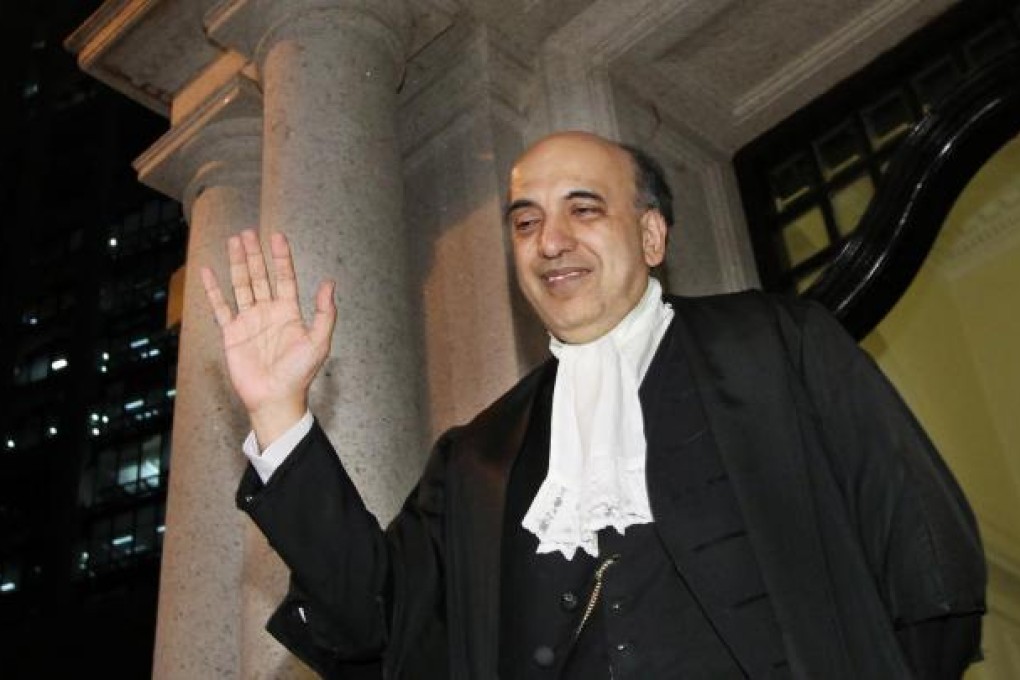
I read with misgivings the dubious claim of Mr Justice Kemal Bokhary, former permanent judge of the Court of Final Appeal, that his "liberalism" cost him an extended appointment despite his impeccable understanding of Hong Kong's legal relations with China ("Former judge: 'I was ousted for being too liberal'", November 5).
Contrast his public admission of "liberal" inclination with US Supreme Court Justice John Roberts' emphasis on impartiality in a recent speech. He stressed that Supreme Court judges don't look at cases and resolve them "in terms of a particular liberal or conservative agenda".
In Hong Kong and the US, where courts enjoy judicial independence, the standard of justice is impartiality. A judge who allows political sympathy or ideological inclination to affect bench decisions would be in breach of the oath of office.
The Basic Law which provides the framework for Hong Kong's "one country, two systems" relationship with China is not simply a manual of job division between local and central authorities. To honour their office oath, judges must apply Basic Law provisions in agreement with their enactment purpose which, as stipulated in the preamble, is to ensure the implementation of China's basic policies regarding Hong Kong. Bench activism incompatible with this framework is divisive.
Judges in Hong Kong shouldn't pretend to have unquestionable understanding of the implications of China's policies at all times. When in doubt, they can consider the referral practice of national courts in the EU. The UK Supreme Court, for example, must "interpret domestic law so far as possible consistently with EU laws" and "refer to the European Court of Justice any question of European Union law, where the answer is not clear and is necessary for it to give judgment". The Hong Kong and China relationship is much closer than that of the UK and the EU.
"Liberalism" can't be the standard to resolve legal issues. The UK and the US share liberal ideals and the common law tradition. In contrast, according to Ayn Rand, "Europe is a tribal culture" where individuals are "expendable cells". But the UK has decidedly crossed both the common law/civil law barrier and the liberalism/conservatism barrier for judicial affiliation with Europe.
